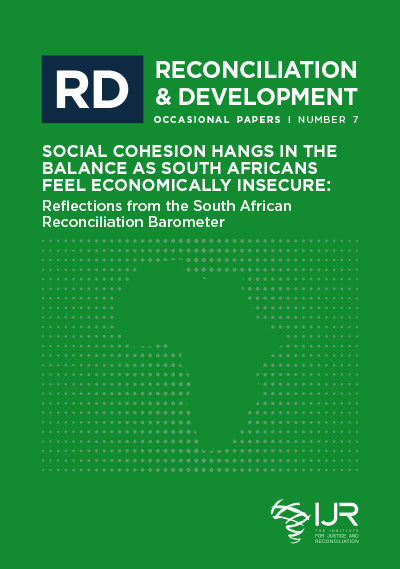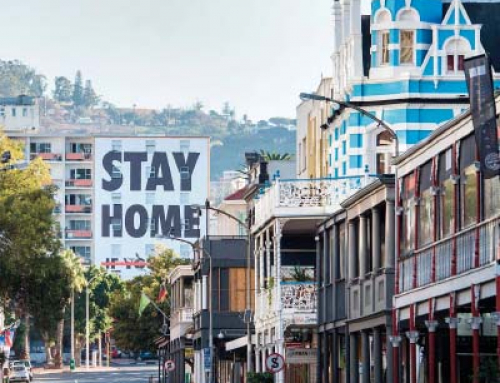
Social cohesion hangs in the balance as South Africans feel economically insecure
South Africans find themselves in an increasingly precarious material situation. Amid low trend growth that has been aggravated by the Covid-19 pandemic in 2020, and a government increasingly resorting to austerity measures, many are feeling marginalised and desperate.
After 26 years of political freedom, the lived economic reality of many South Africans represents a far cry from the promise of liberation from the material constraints of apartheid. Amid rising poverty and acute inequality, the 2019 South African Reconciliation Barometer (SARB), a nationally representative public opinion survey of the Institute for Justice and Reconciliation (IJR), reveals that in 2019, 59% of South Africans felt that their economic predicament would either stay the same or deteriorate in the two years thereafter. This downbeat assessment most likely emanates from an assessment of persistent structural barriers that disadvantage historically marginalised groups, but also a plethora of state failures spanning policy choices, policy implementation, corruption and unsuccessful partnerships.
If South Africa is to emerge from its current predicament as a unified and cohesive society, it is important to understand how these conditions, and the underlying circumstances that caused them, have influenced the public’s desire for the creation of an inclusive society. With the potential of historical cleavages re-emerging as a result of material scarcity, data, such as that of the SARB survey, may provide important clues to the framing of inclusive policies that reduce vulnerability, without stoking further discontent and division. While posing significant challenges to the resilience of the South African government, Covid-19 also offers it the opportunity to break decisively from the obsolete economic paradigms of the past two and a half decades, paving the way for more inclusive solutions.
By: Jaynisha Patel
Pages: 28
Dimensions: A4
Date of publication: 2021




